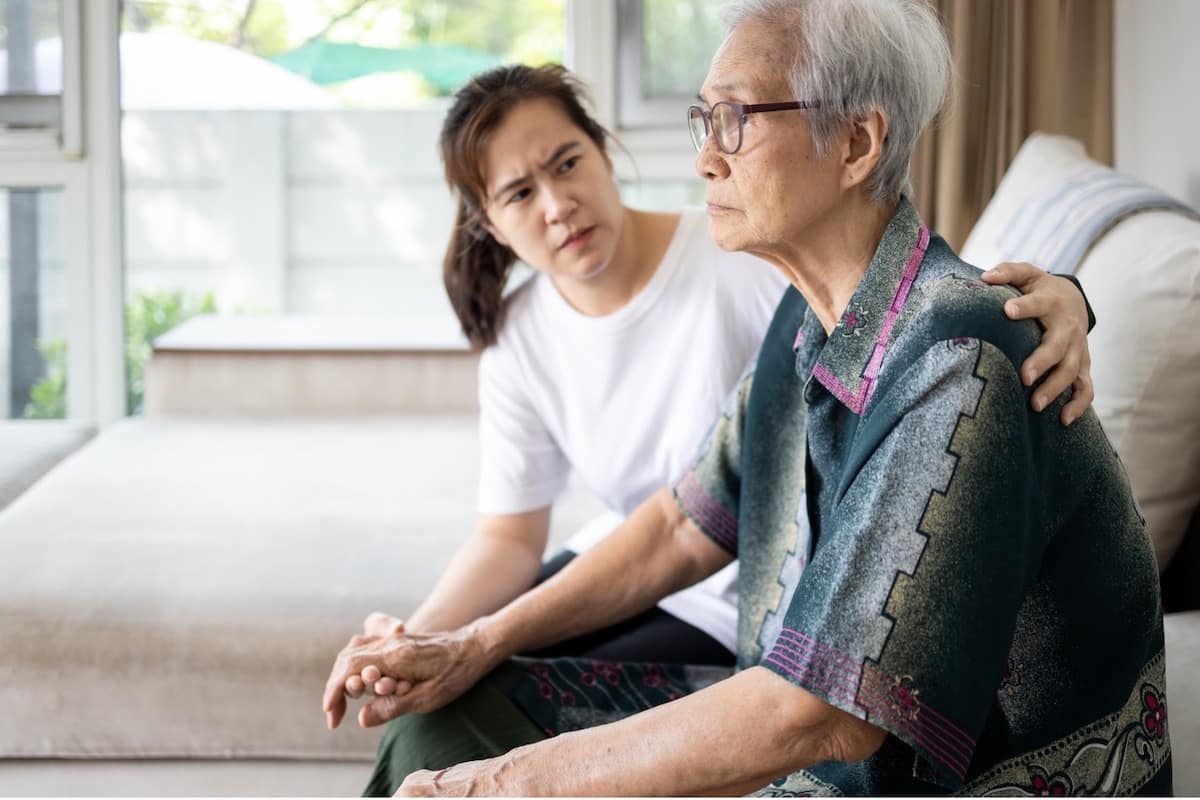
If you take care of an elderly loved one, it might be time for you to take care of yourself as well.
Upwards of 70% of family caregivers experience depression symptoms. Whether you work in medicine as a healthcare professional or spend much of your life as a family caregiver, you need to understand that burnout is real.
Understanding the signs will let you manage it and know when to get help. Let’s go over some of the symptoms of caregiver burnout.
Understand Caregiver Burnout and Some Symptoms
To understand burnout, first you need to get to know the symptoms. People experiencing caregiver burnout often feel:
- Emotionally exhausted, often seemingly for no reason at all
- Difficult eating or keeping food down due to nausea
- Physically fatigued and sore
- Symptoms of insomnia and nightmares
- General irritability or malaise
Monitor these conditions to know how severe it is. Healthcare professionals often experience these symptoms because so much of the job involves caring for others. Seeing a professional therapist is an excellent way to look after your mental health as a caregiver.
Put Your Life and Routines Under a Microscope
Whether you provide hospice care at home, palliative care, end-of-life care, or just take care of a loved one, it’s time to examine your life and routines. You might start to notice areas where you aren’t properly resting or decompressing from work.
It may also be time to change your diet, exercise more, and cut out stressors.
Taking a little bit of quiet time can bring you phenomenal health benefits. This practice can help lower your blood pressure, alleviate pain, and tension in your muscles, and help you improve your ability to focus and de-stress your brain.
This is especially important if you work in home hospice care, as a home hospice provider, or any type of nursing.
Consider Whether Burnout is Making You Physically Unwell
Seek the help of a physician if your burnout is causing physical symptoms. This is especially important if you have any existing heart issues or a history of depression.
Offering in-home services can be physically burdensome and emotionally draining. Put together a team of medical and mental health professionals that can help you heal.
Develop Some Self-Care Practices
Providing end-of-life care and concierge home care can tap you out emotionally and mentally. Therefore, it’s important to develop some self-care practices you can stick to.
Start by getting your physical health in order. Developing a practice of running, doing yoga, or going to the gym can work wonders for your physical and mental health.
Consider Lightening Your Load
Figure out if it’s time to bring in the help of professionals to take some of the burden away. If you’re taking care of a family member, it might be best to bring in a professional that provides end-of-life care, concierge care, and other services.
This lets you know that your loved one is cared for while you take time off to heal.
Avoid Caregiver Burnout at All Costs
These tips will help you avoid caregiver burnout as you take care of a patient or a loved one.
Generation Hospice Care has a wealth of experience providing care. We can take this burden off your shoulders so that your loved one is cared for while you can take the time to practice self-care. To learn more about our exact in-home caregiver services, click here.
If your loved one was recently diagnosed with life limiting illness(es), hospice care may be the next step. Our hospice professionals provide patients with a dedicated team of expert medical professionals, spiritual counselors and trained volunteers. The services, which are projected to support the patient and their loved ones, are presented in the comfort and familiarity of the patient’s place of residence- be it their home, nursing home, board and care, or assisted living.
